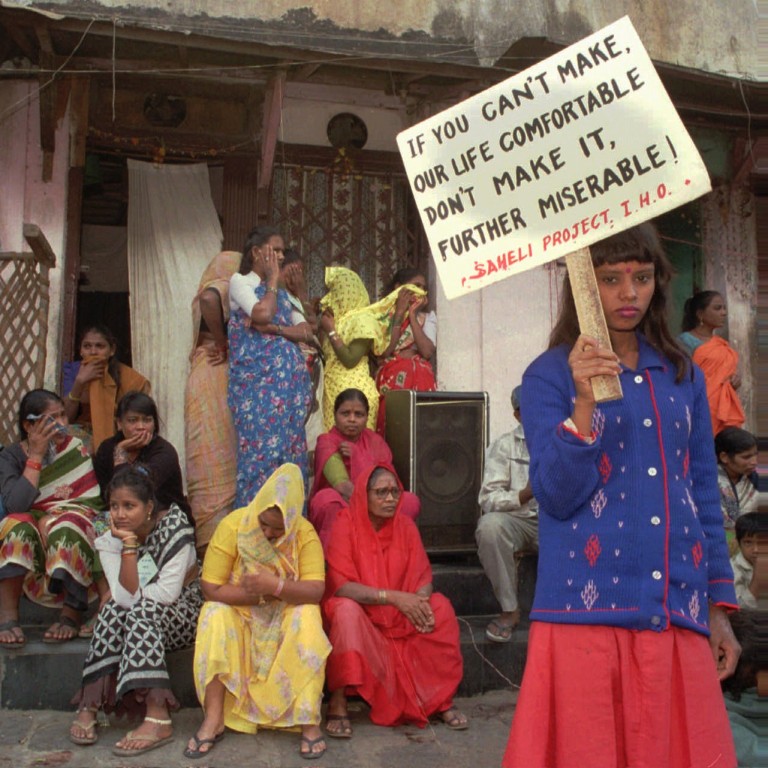
Reviews: e-books and audiobooks - on sex work, race, and stroke recovery
Daughters of the Red Light by Shanoor Seervai (Amazon Digital Services) e-book


Shanoor Seervai wears her heart on her sleeve in this book about Mumbai’s sex workers. Sometimes she despairs, other times she is angry, but mostly she just wants to inform the world about the women who sell their bodies because they have no other means of making money. Her sense of outrage is best understood in context: in 2012 she returned to India only a few months after the gang rape of a student, who was the same age as Seervai – 23 – when she died of her injuries. “Being a woman in India requires us to steel ourselves to invading male eyes, and often verbal and physical assault,” Seervai writes. However, nothing softens the stories of hardship and abuse she hears from interviewees. Many hide their work from their children. Seervai visits state-run shelter homes and finds out about women who cut themselves as learned behaviour. She also learns why the women keep returning to the brothels. The author’s mission in life was to put her mounting outrage to use. That she has done.
by Nigel Williams (Create Space Independent Publishing Platform) e-book


It makes you wonder where Nigel Williams would be had he accepted the "3-6-9 rule" concerning stroke recovery. According to that rule, most recovery would be over within three months, a bit more would happen by six but little more could be hoped for after nine. By 12 weeks, however, Williams, who had suffered a major stroke, could take only a few steps without resting, and relied on a walker. chronicles how, with his wife, Williams made his slow recovery, aided by a self-devised rehabilitation regimen. Just as Dorothea was his constant companion in his recovery, so was pain, which no one had warned him to expect: pins and needles intensified into intense, white-hot pain unexpectedly. In addition to comments on inadequate stroke rehabilitation in the US, by neuroscientist John Krakauer of Johns Hopkins University, includes Dorothea's perspective on what her husband went through. Her "Five Golden Rules" chapter should not be missed.
by Damon Tweedy (Recorded Books) audiobook


Damon Tweedy's observations may come as a shock to readers who have never considered the implications of skin colour in the medical profession. But the author, an assistant professor of psychiatry at Duke University, lays it all out on the table, not only as a black doctor but also as a physician treating black patients, whose numbers in the US are disproportionately high when it comes to heart disease, kidney failure and HIV. He tells of the prejudice of patients and recounts an incident when, as a student, a professor took him for a handyman. He sometimes succumbs to self-doubt: in the mid-1990s, blacks made up seven per cent of medical students, a figure that has not shifted, he writes. He questions what the number would be without affirmative action and wonders whether he got preferential treatment. Narrator Corey Allen makes Tweedy's story captivating, as we follow his progress from medical school to internship to psychiatry training and clinical practice. Race always plays a role, although sometimes in uplifting ways.

